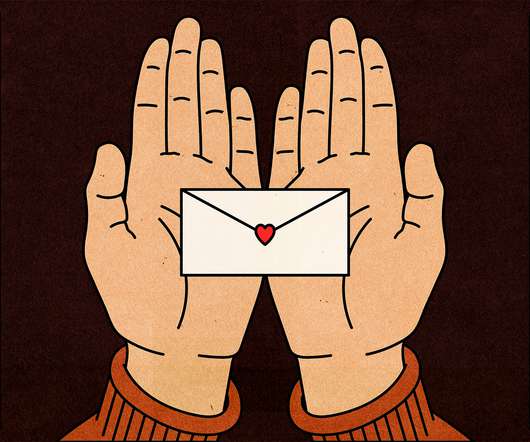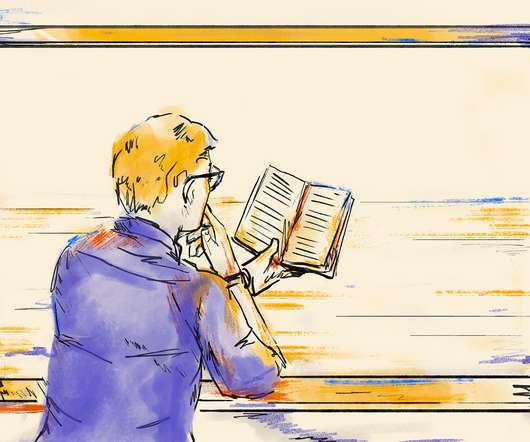5 Ways to Thrill Your Customers (Because a Thank You Email Just Doesn’t Cut It Anymore)
Success
MARCH 13, 2022
Or the physician who returns a prospective patient’s call on a Saturday, spends 20 minutes on the phone discussing symptoms, and then shares a private cellphone number with instructions to call back if further medical advice is needed. According to the Echo 2012 Global Customer Service Barometer , only 7 percent of U.S.












Let's personalize your content